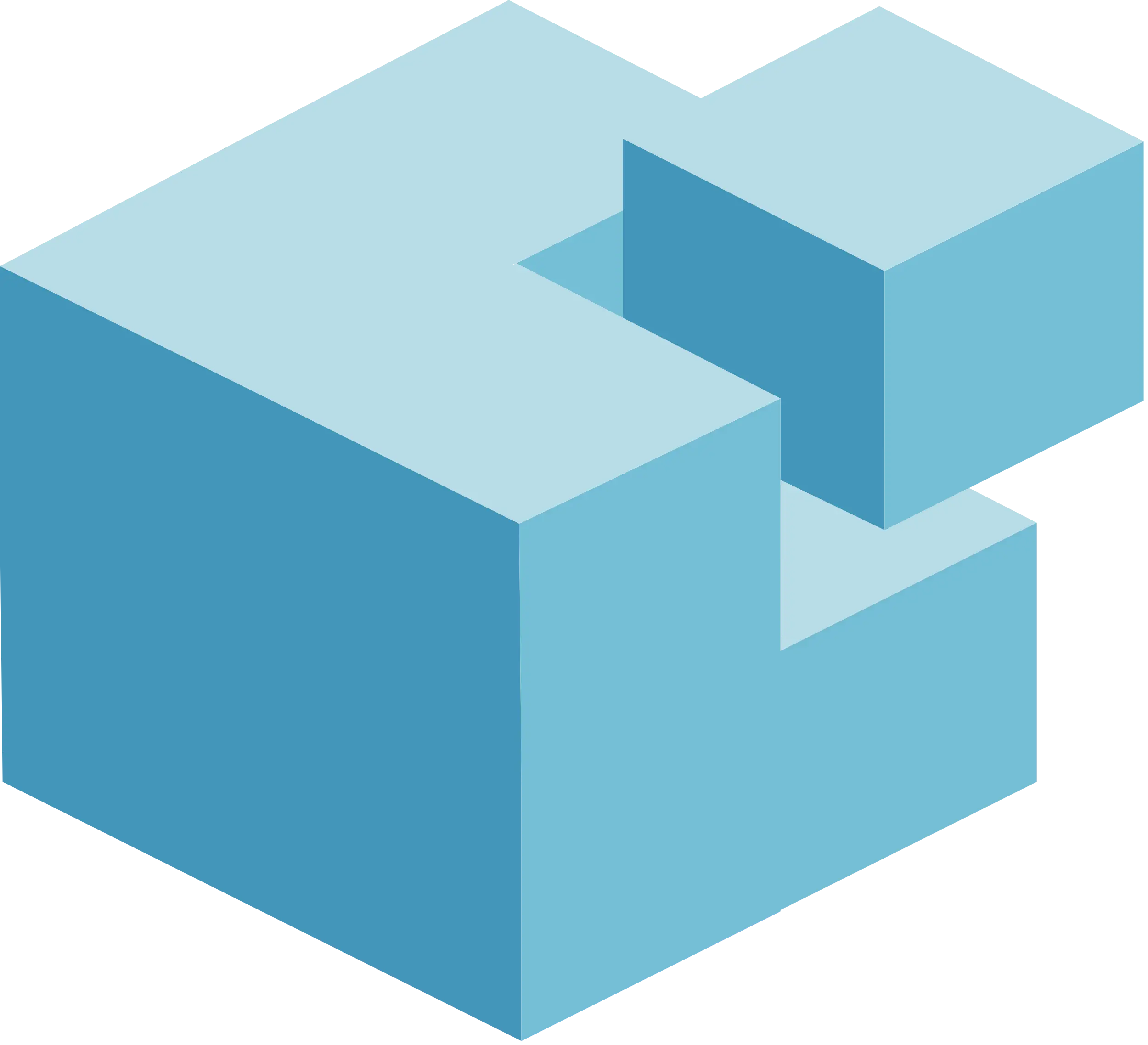SaltStack

SaltStack, commonly referred to as Salt, represents a powerful and flexible configuration management and remote execution framework designed for high-speed data collection and execution across large-scale infrastructure. Developed by Thomas Hatch in 2011 and later acquired by VMware in 2020, Salt was built from the ground up to address the limitations of existing configuration management tools, particularly around performance and scalability. At its core, Salt employs a high-speed message bus built on ZeroMQ (and later RAET and TCP transport) that enables asynchronous communication between a central management system (Salt Master) and distributed clients (Salt Minions), allowing for unprecedented speed in executing commands across thousands of systems simultaneously. Unlike traditional configuration management tools that might take minutes or hours to run across a large infrastructure, Salt can typically complete operations in seconds, making it especially valuable for environments where rapid response and real-time system management are critical.
Salt finds a natural home in Linux environments, where its Python foundation and extensive module system provide deep integration with Linux operating system capabilities. For Linux administrators, Salt offers several key advantages beyond its remarkable speed. Its configuration management approach uses YAML-based state files that define the desired system configuration in a readable, declarative syntax, while its execution modules provide imperative commands for immediate actions when needed. This dual-mode operation gives administrators flexibility in how they approach different management tasks. Salt’s event-driven architecture enables sophisticated automation workflows triggered by system events or external inputs, allowing for reactive infrastructure that can automatically respond to changing conditions. Additionally, Salt’s “pillar” system provides a secure method for distributing sensitive configuration data to specific minions, addressing the challenge of managing secrets across distributed systems. For organizations with Linux-centric infrastructure, Salt provides a comprehensive management platform that combines configuration enforcement, orchestration, event automation, and real-time command execution in a single, cohesive system capable of scaling to tens of thousands of nodes while maintaining exceptional performance.
Advantages
- Exceptional performance through its asynchronous communication architecture allows commands and configurations to be applied across thousands of systems in seconds
- Flexible approach combining declarative configuration management with imperative execution modules provides tools appropriate for both planned changes and ad-hoc operations
- Event-driven architecture enables reactive automation triggered by system events, allowing infrastructure to respond automatically to changing conditions
- Masterless operation mode (Salt SSH) provides management capabilities for systems where installing an agent is not feasible or desirable
- Extensive module system with over 450 native modules covers virtually every aspect of system management from package installation to cloud provisioning
Risks
- Learning curve associated with Salt’s unique approach and terminology may delay initial productivity for teams new to the platform
- Documentation comprehensiveness varies across different parts of the system, occasionally requiring deeper investigation to fully leverage advanced features
- Master scalability can become a consideration in very large deployments, potentially requiring careful architecture planning and additional infrastructure
- Security configuration requires attention to detail, as improper master/minion key management or authentication settings could introduce vulnerabilities
- Debugging complex state interactions and execution order can be challenging, particularly when troubleshooting sophisticated orchestration sequences
